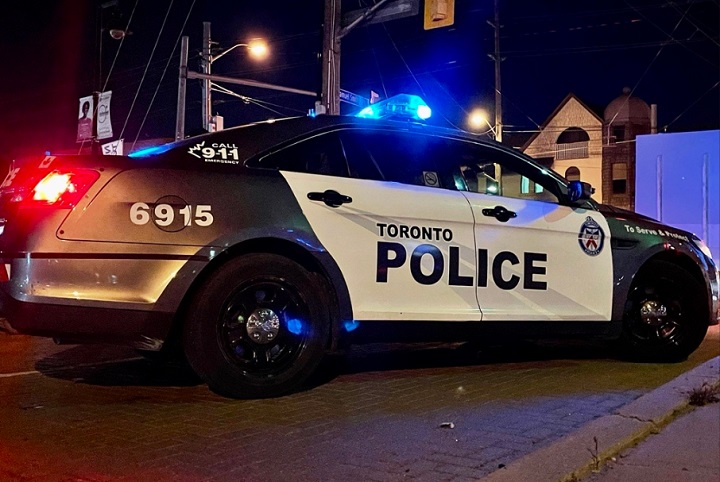Sex work advocates call for a stop to proposed Ontario human trafficking bill

Posted May 11, 2021 7:54 pm.
Last Updated May 11, 2021 11:19 pm.
Advocates are calling on the Ford government to withdraw a proposed human trafficking bill, saying it gives police more power to conduct surveillance on sex workers and discriminate against racialized communities.
Bill 251, the Combatting Human Trafficking Act, is expected to be debated on Wednesday. If passed, the government says it would give law enforcement more tools to locate victims and charge traffickers, by allowing access to hotel guest registries without a court order and increasing fines.
But advocates say human trafficking is being conflated with sex work.
A 2019 study of Ontario sex workers found “human trafficking has been deployed as a pretext to monitor and interrogate sex workers and discourage them from working,” said Sandra Ka Hon Chu, a co-author of the study and Director of Research and Advocacy at the HIV Legal Network. “This is especially so for younger white women, whom law enforcement seemingly sought to rescue.”
“In contrast, Asian women were racially profiled for the purpose of issuing tickets or identifying immigration infractions, and Indigenous and Black workers were themselves accused of human trafficking,” Chu said.
Chu along with representatives from Butterfly (Asian and Migrant Sex Workers Support Network), No Pride in Policing Coalition and Maggie’s Toronto Sex Workers Action Project held a joint press conference on Tuesday.
The advocacy groups, along with more than 60 other organizations, signed a joint statement asking politicians to reject the bill. They say the bill further expands policing power and puts sex workers in danger, rather than helping human trafficking victims.
“There’s a lot of talk about human trafficking and sex workers. However, when you talk to sex workers, most are not concerned about human trafficking,” said Elene Lam, Founder of Butterfly (Asian and Migrant Sex Workers Support Network).
“What they are concerned about is the abuse and the investigation by police and law enforcement. They fear being arrested, detained and deported, and the violence they face every day like robberies, sexual assault and murder.”
In addition to increasing policing tools, a government news release says the bill will strengthen the ability of children’s aid societies and law enforcement to protect exploited children, support survivors in obtaining restraining orders against traffickers, and increase the government’s ability to collect non-personal data to better understand the impact of the strategy and respond to human trafficking.










